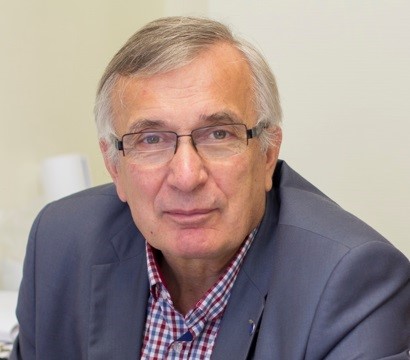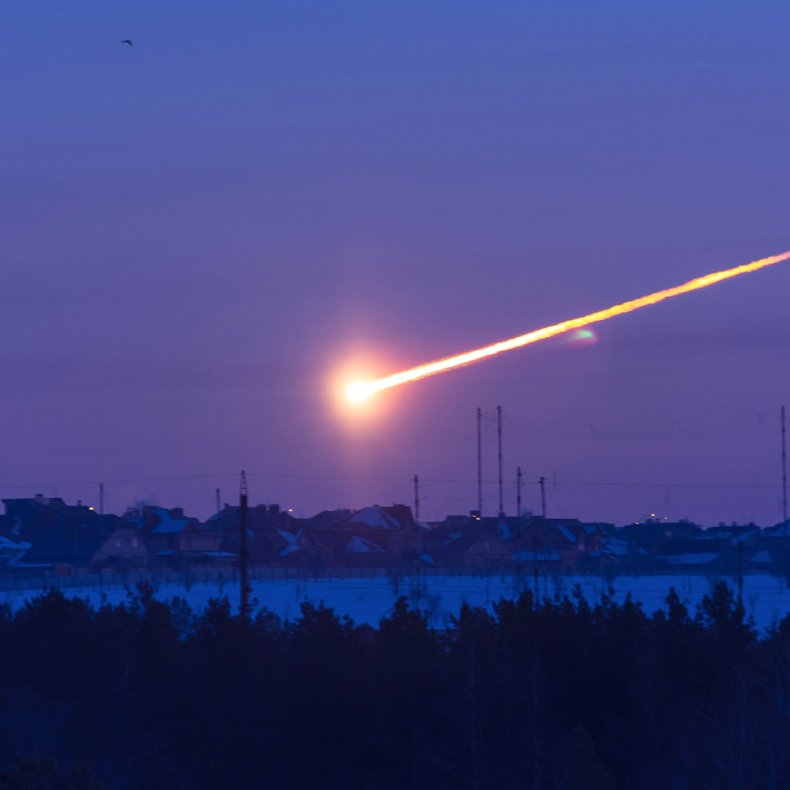
Victor Grokhovsky
Professor, Candidate of Technical Sciences (PhD).
Ural Federal University, Institute of Physics and Technology, EXTRA TERRA CONSORTIUM laboratory.
Member of the Committee on Meteorites of the Russian Academy of Sciences, member of the International Meteoritical Society
February 2024 marks 11 years since the fall of the Chelyabinsk meteorite. Why did this event interest scientists from all over the world? Why are scientists and hobbyists still looking for space rocks? Meteorites are of interest for various fields of science: astronomy, cosmogeochemistry, mineralogy, materials science, asteroid safety, biology, etc. Meteorites remain currently the most accessible substance of extraterrestrial origin compared to the soil of the Moon and asteroids, and the substance of comets. Sources of meteorites. Dangerous asteroids, their statistics, consequences of impacts.
How to distinguish a meteorite from an ordinary cobblestone? External shape, fusion crust, density, physical properties, mineral composition, microstructure, isotopy – what is considered the main sign of extraterrestrial origin? Types and classification of meteorites. Where to discovery for meteorites? Typical misconceptions about meteorite falls: they don’t choose where they fall, they don’t fly into windows, they don’t explode on Earth, fireballs don’t fall into a neighbor’s garden, meteorites don’t cause fires.
Is it worth looking for meteorites in craters? Why are Antarctica and the Atacama Desert a treasure trove of meteorites? Experience of the country’s only UrFU student meteorite expedition in the vastness of Russia and in cold/hot deserts.
Online public lecture
Russian language



